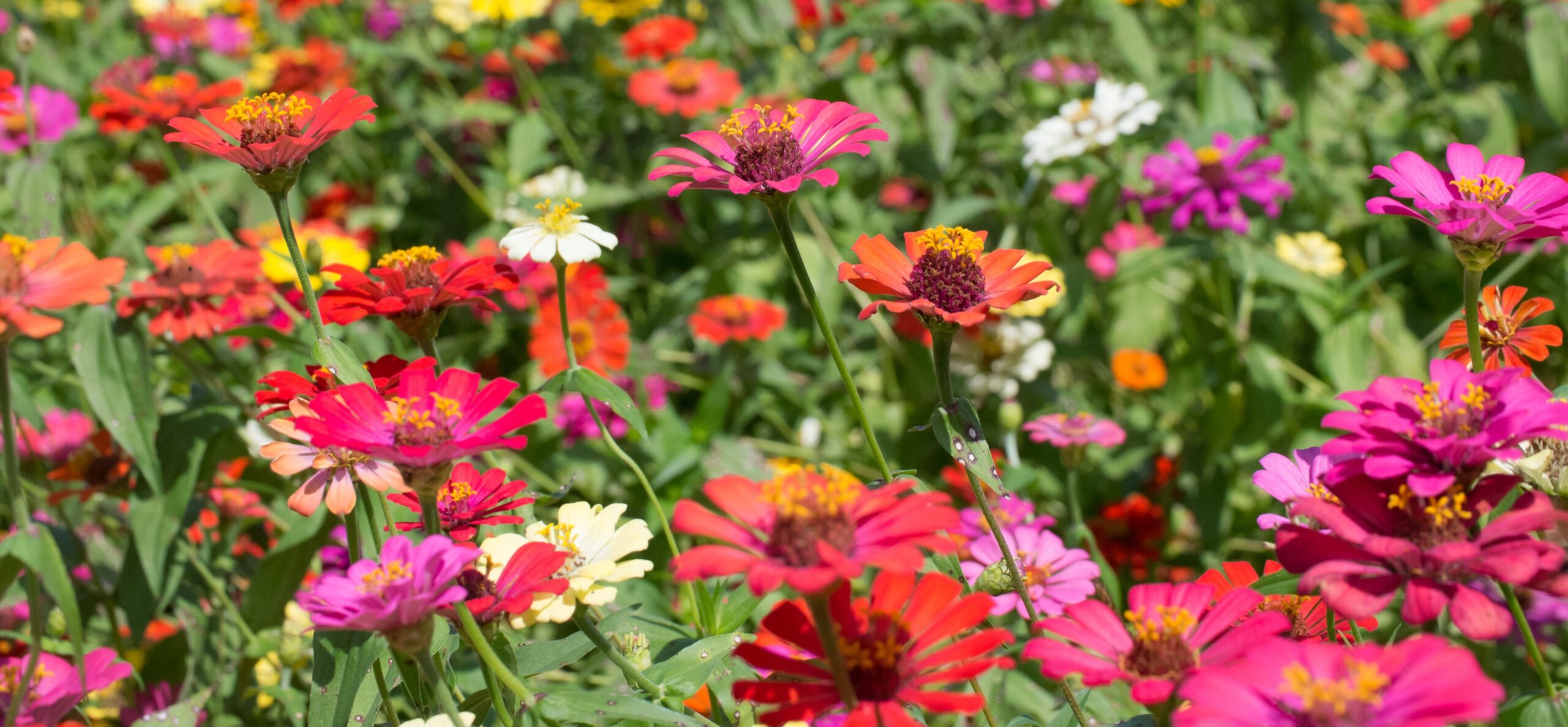
Policy Update
Large-scale Study Shows Neonicotinoids Harm Bees
A new study published in the journal Science links neonicotinoid usage with fewer queen bees as well as trouble surviving the winter for both honey bees and wild bee populations. There have been mixed lab-based studies on the impact of neonicotinoids, and this study sought to investigate real-world impacts across 33 field sites in Europe. One interesting finding was the presence of the neonicotinoid imidacloprid, which was banned in 2013 but continues to linger in the environment today.
The findings varied between countries, and some scientists caution more research is needed to draw definitive conclusions. Still, many U.S. states are seeking to address the precipitous decline in bee populations through legislation, such as a law in Maryland restricting neonicotinoid usage. NCEL has developed a state strategies sheet outlining several approaches enacted across the country, available here.
Additional Resources
- A news story on the findings is available here.
- The full study is available here.
- NCEL’s pollinator website including a briefing book and fact sheet on the issue is available here.